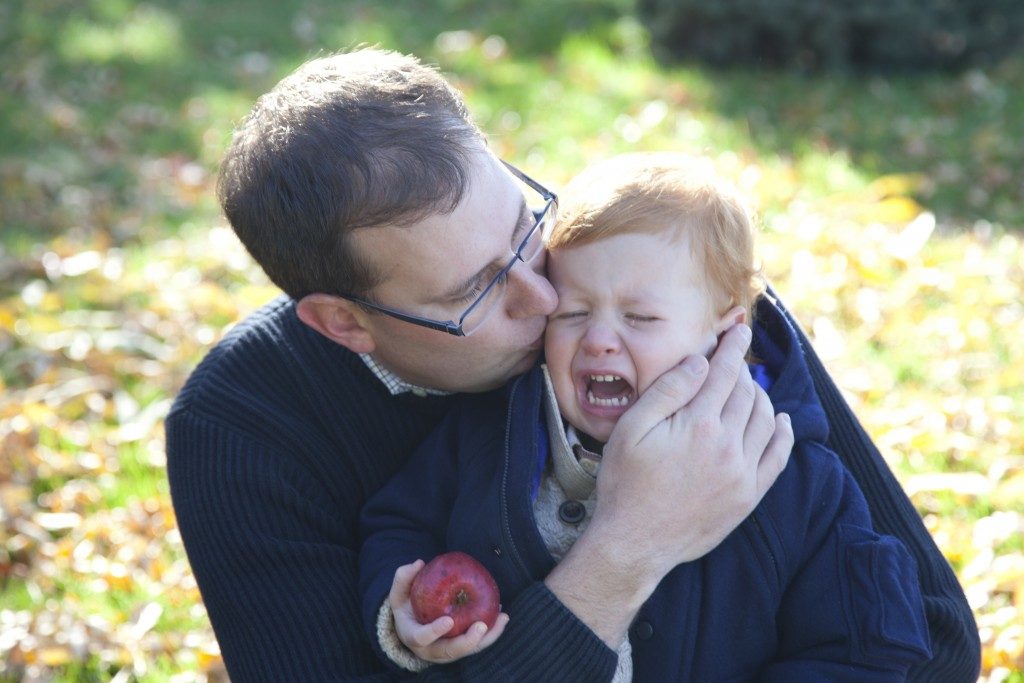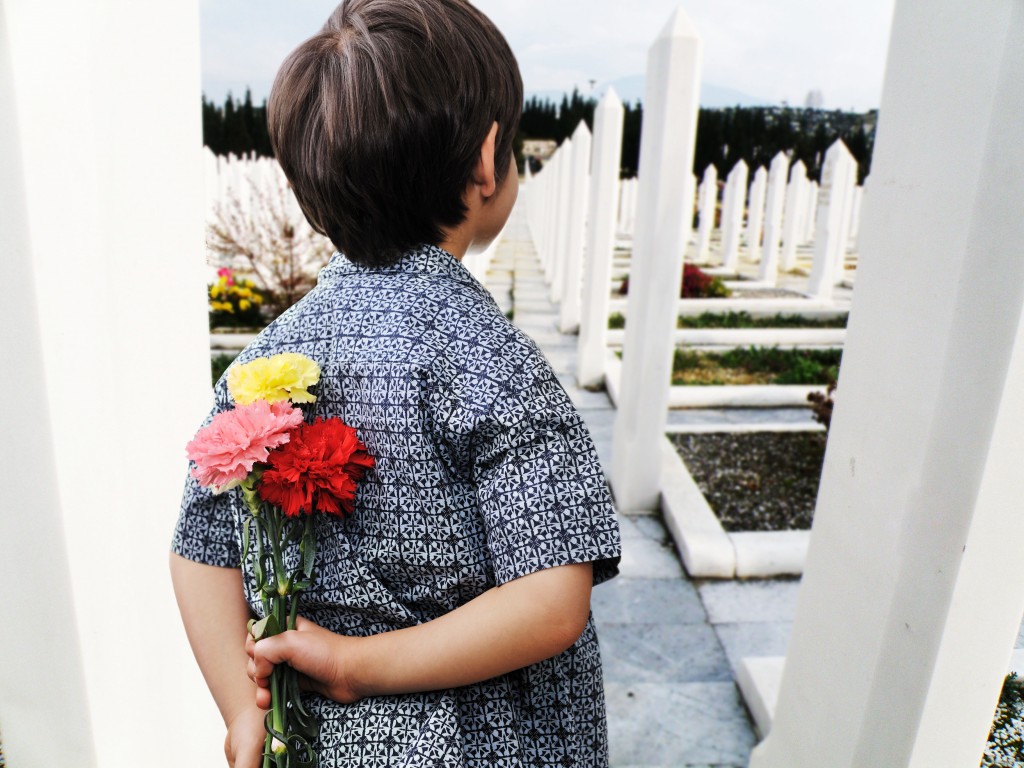Death is one of the more sensitive subjects to talk about with children. You might even find it harder than talking about the birds and the bees. But it is part of life, and something your children will have to deal with in the future. It’s best to prepare them so that they have the tools to cope with grief.
How do you help your kids deal with grief?
Community Support
Start by finding community programs in your Indiana neighborhood. Look into grief support services that focus on children or teens. Your children can get counselling that allow them to go through the experience of grief and discover its process. They can learn to understand that pain is a natural reaction to losing someone close. They can also express their grief to a trained counsellor or in a group.
It’s crucial to note that children grieve in different ways. Some may appear withdrawn while others may be able to verbalize their feelings. Then there are those who may not comprehend the concept of death; some may think it isn’t permanent and that it can be “reversed.” They may even use elements from fantasy movies to draw conclusions about death.
This is why it’s important to have a professional on board, to guide your children through the loss. Counsellors may work around the following emotions to help your kids deal with this profound experience:
Anger
Other grieving kids may express their anger through emotional outbursts. Rather than asking them to calm down, counsellors may let the children expend their anger in different ways. These include scribbling, running, engaging in games, or joining an art class where they can sculpt or draw. Other therapists may use a six-step process that ends with a relaxation technique. It’s crucial to let your child regain composure before asking them about their feelings. This will allow for a calmer and more effective grief therapy session.
Fear
 Some children exhibit signs of fear about the death of a loved one through physical complaints, like stomach and headaches. This fear emanates from the anxiety of what will become of them and how much their life will change following the death of a loved one. Grief therapy focuses on reassuring the child and ensuring his/her life is as comfortable as possible to allay the fears.
Some children exhibit signs of fear about the death of a loved one through physical complaints, like stomach and headaches. This fear emanates from the anxiety of what will become of them and how much their life will change following the death of a loved one. Grief therapy focuses on reassuring the child and ensuring his/her life is as comfortable as possible to allay the fears.
Sadness
Children who grieve may fall into a depression, and they will need considerable support to get through these emotions. Therapists or counsellors can encourage your kids to recall memories of their time with the deceased. This way, they can come up with a scrapbook of their experiences. The tangible collection of memories will allow them to remember the deceased in a positive light. In doing so, they can feel happy about the time they spent with them rather than focus on the sadness of not having that person around any longer.
The death of a loved affects everyone. The impact may especially be more difficult for the youngest in your family. Don’t let your children keep their emotions bottled up. Talk to them about the concept of loss. And get professional support to help them deal with the experience better as they grow older.

